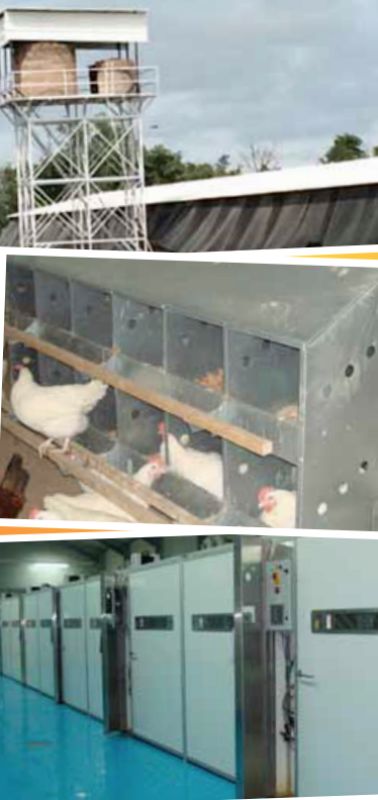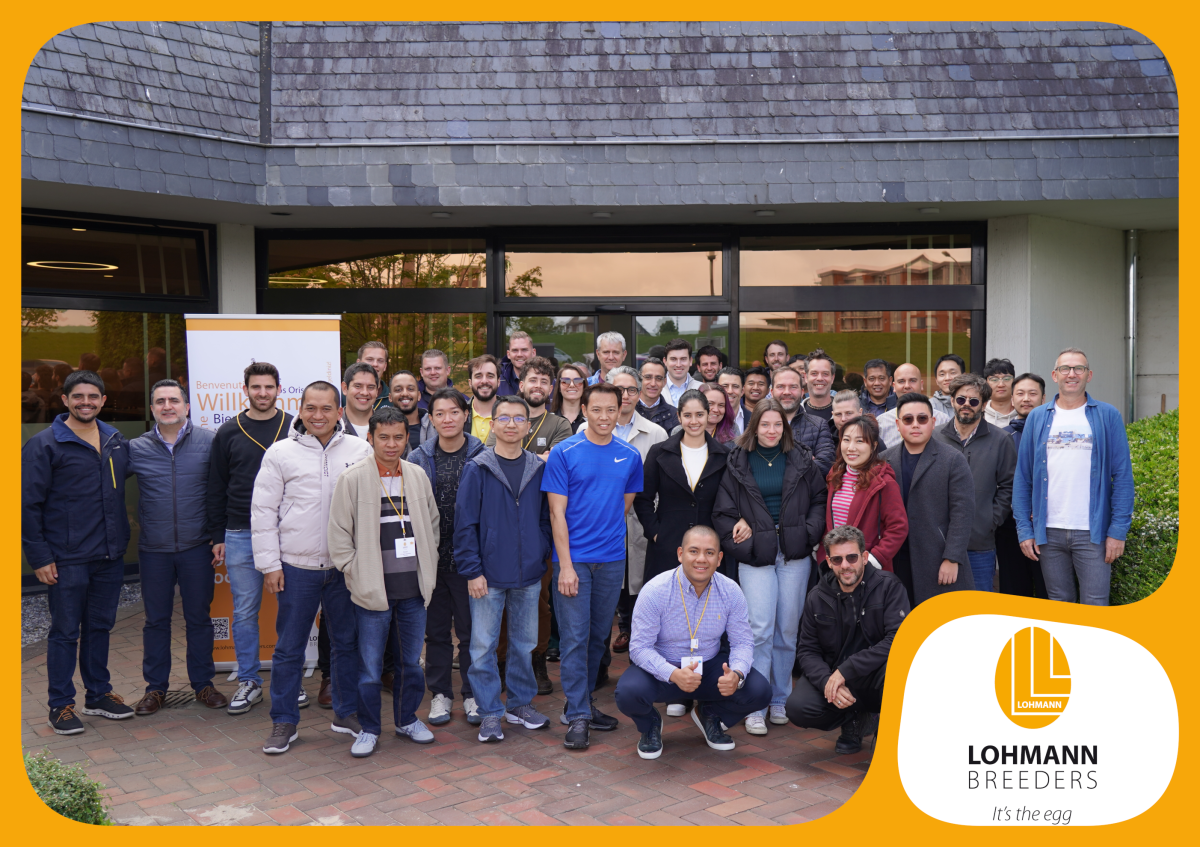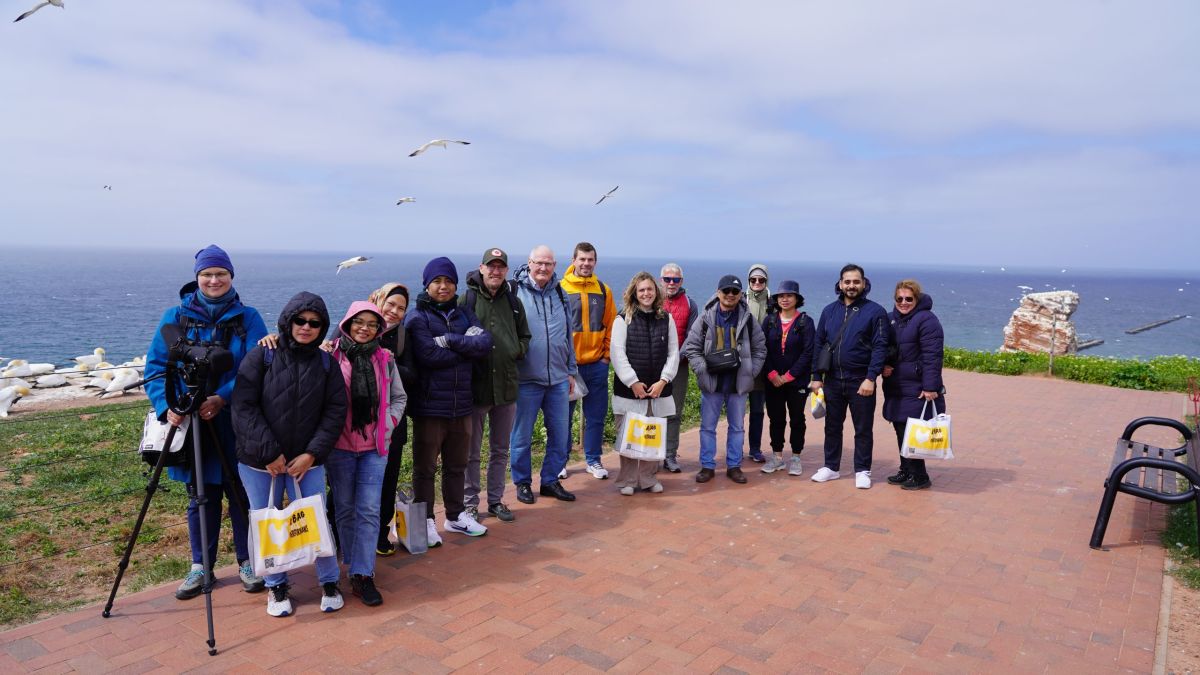With China’s economy slowing down, Brazil’s markets in trouble and Russia sliding into recession, more and more equity funds and investors are looking at the African market to make their money work for them. The wish is understandable; with the impressive economic development on the continent and the high increase of population it seems to be a profitable move.
There are success stories, but also many failures. Taking a closer look at the markets and specific situation of the different countries pays off. east Africa for example has a surplus of eggs produced locally, while west Africa shows a deficit of 6000 t shell eggs on a yearly average production and North Africa even more with 8000 t per year. The egg markets on the continent are mostly unpredictable and professional farmers have to compete with the production of backyard chicken. Most eggs in Africa are purchased for direct consumption without a food processing industry serving as a puffer. egg producers are facing fluctuations on sales due to religious reasons such as the orthodox fasting periods in ethiopia and Ramadan in Muslim countries or simply an overproduction because of too many players in the market. Producers of broiler meat face tough competition of cheap imported frozen meat from europe as well as Brazil which has nearly killed the broiler industry in Ghana. Feed mill owners have a hard time convincing the local farmers to accept higher prices for better feed quality and quit mixing their own feed.
Beach life
Many potential future poultry farmers asked me which country I would see as most lucrative to invest in and I unfortunately have bad news for the ones which hoped to combine business and beach life. I believe the most interesting markets in the future are Congo, sudan and ethiopia apart from Nigeria, of course, which is already a booming market. Foreign investors often have to undergo an administrative marathon in order to secure all the licenses, tax numbers and business permits which can take up to a year depending on the country. The process will be faster and much cheaper with a local partner, but I have seen a number of these apparently trustworthy and reliable gentlemen making a mockery of the business, leaving a disillusioned penniless foreign investor behind with few chances of getting his money back. Court cases can take years in most African countries and the outcome is uncertain, but that may be the case for many court cases no matter where in the world. Don’t get me wrong, there are honest potential business partners out there, but the selection has to be extremely thorough.Land
Land issue is a big problem in most African countries, either because it is not available or because the issue of ownership is not solved. I know peoplewho had to buy their property a few times because the title deed of their land was disputed after each purchase due to suddenly appearing uncles, brothers or former business partners holding legal documents.Possession of land is a sensitive topic in Africa and in many countries a company cannot buy the land but lease it for a certain amount of time. A private foreign person cannot buy land in most cases, Tanzania for example, he can only buy land if he holds a citizenship.
Be sure to budget enough funds for electricity since power supply is an issue throughout Africa. A whole week in Tanzania can pass without power and even south Africa is now facing ‘load shadings’ which leaves alternating parts of the city cut off the electricity for 2 to 3 hours several times during the week.
Raw materials
Raw materials such as maize and soya are not available throughout the year and have to be imported or are of low quality and the feed mills are competing with human consumption. In landlocked countries the price for raw materials are normally significantly higher than in countries with access to the sea. Good storage faculties are also important because the price for maize is increasing with each month after harvest time.And last but not least good control measures are a must in any company because theft is the major problem of all businesses in Africa; it is not for no reason that security companies in Africa are the most profitable businesses apart from banks.
Viola Holik

New farm in Nigeria







